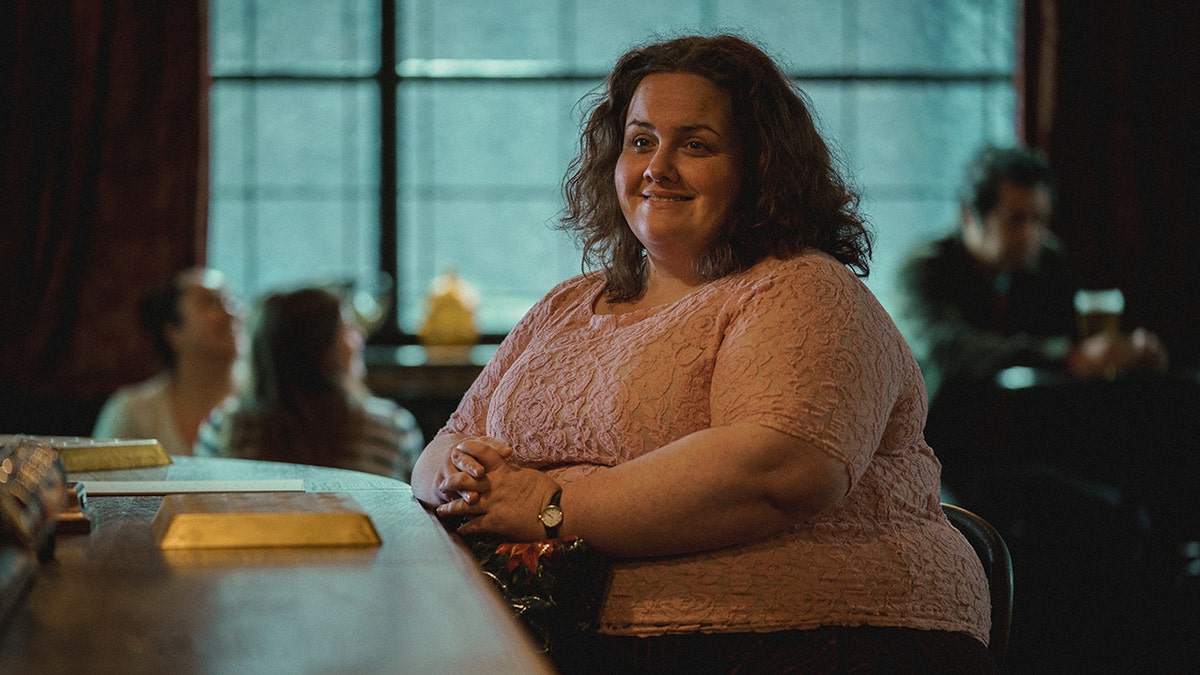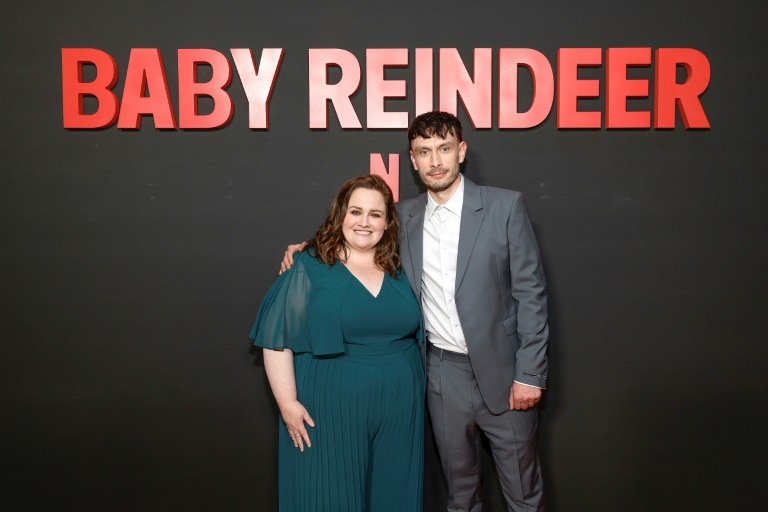On Thursday, a Scottish woman named Fiona Harvey filed a lawsuit against Netflix for at least $170 million, alleging defamation over her portrayal in the popular mini-series “Baby Reindeer.” Harvey claims that the show wrongfully depicts her as a convicted stalker, causing significant harm to her reputation.
Claims and Allegations
Harvey has publicly stated that she is the inspiration behind the character Martha, played by Jessica Gunning. Both Harvey and the character share a physical resemblance and the profession of being a lawyer in London. In her complaint, filed in Los Angeles federal court, Harvey accuses Netflix and the show’s creator, Richard Gadd, of defaming her by suggesting that she was a twice-convicted stalker sentenced to five years in prison.

Harvey denies these accusations, asserting that she has never stalked Gadd, who portrays a fictional version of himself named Donny Dunn in the series, nor has she been convicted or imprisoned. The lawsuit highlights the confusion among viewers, with thousands of Reddit and TikTok users discussing Harvey as the “real” Martha. “Defendants told these lies, and never stopped, because it was a better story than the truth, and better stories made money,” the complaint states.
Seeking Damages
Harvey is seeking at least $50 million each for actual damages, compensatory damages, including mental anguish, and profits. Additionally, she is asking for at least $20 million in punitive damages. Netflix has not yet responded to the lawsuit. This lawsuit follows closely on the heels of another defamation case involving Netflix. Two days prior, the streaming giant settled a lawsuit with former prosecutor Linda Fairstein regarding her portrayal in the 2019 series “When They See Us,” which dramatized the Central Park Five rape case. As part of the settlement, Netflix agreed to move a disclaimer stating that some characters may have been altered for dramatic purposes to the beginning of episodes and donated $1 million to a nonprofit aiding wrongfully convicted individuals.
Impact and Implications
The lawsuit filed by Fiona Harvey against Netflix raises significant questions about the responsibility of entertainment companies to portray real-life individuals accurately. The case emphasizes the potential consequences of blurring the lines between fact and fiction in storytelling, especially when real people’s reputations are at stake. As public interest in true crime and dramatizations of real events continues to grow, this lawsuit serves as a reminder of the importance of ethical considerations in media production. The outcome of this case could have far-reaching implications for how true stories are adapted and presented in the entertainment industry, potentially leading to stricter guidelines and more rigorous fact-checking processes.

The defamation lawsuit brought by Fiona Harvey against Netflix over her portrayal in “Baby Reindeer” underscores the delicate balance between creative storytelling and the ethical responsibility to represent real individuals truthfully. As the case unfolds, it will be closely watched for its potential impact on future productions and the legal standards for defamation in the entertainment industry.
